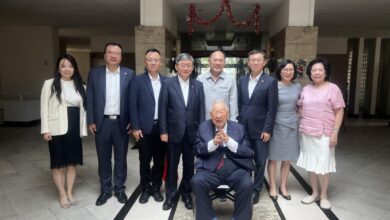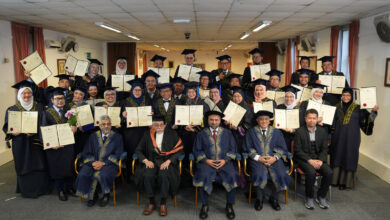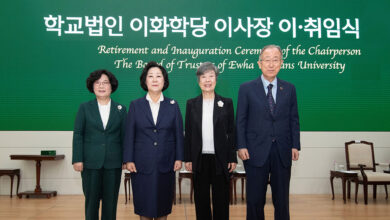FOM Student Mirsha Naresh Kumar Represents Malaysia at Juliette Low Seminar (JLS) 2024

Mirsha Naresh Kumar, a student from the Faculty of Management at Multimedia University (MMU), was chosen to represent Malaysia at the Juliette Low Seminar (JLS) 2024, a program focused on empowering young women through leadership development. The seminar occurred from September 29 to October 5, 2024, at the Sangam World Centre in Pune, India.
About the Juliette Low Seminar
Organized by the World Association of Girl Guides and Girl Scouts (WAGGGS), the JLS targets women aged 18 to 30, emphasizing intercultural exchange and the development of leadership skills essential for future roles. Participants engage with peers from around the globe and enhance their understanding of leadership through various activities and discussions.
2024 Seminar Schedule
The seminar for 2024 is scheduled from April 27 to December 7 and includes a hybrid format that combines virtual learning with an international visit, designed to enrich the overall learning experience and foster international networking opportunities.
Mirsha’s Leadership Commitment
Mirsha’s participation in this global seminar underscores her leadership qualities and commitment to personal development, indicative of MMU’s efforts to prepare students to address global challenges.
Original source: Multimedia University




